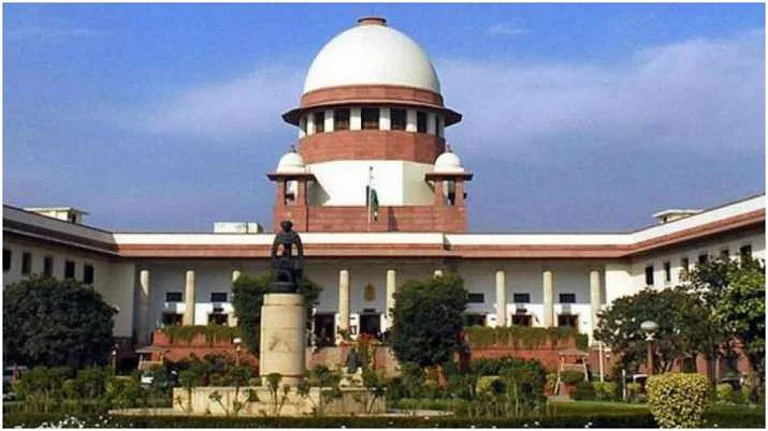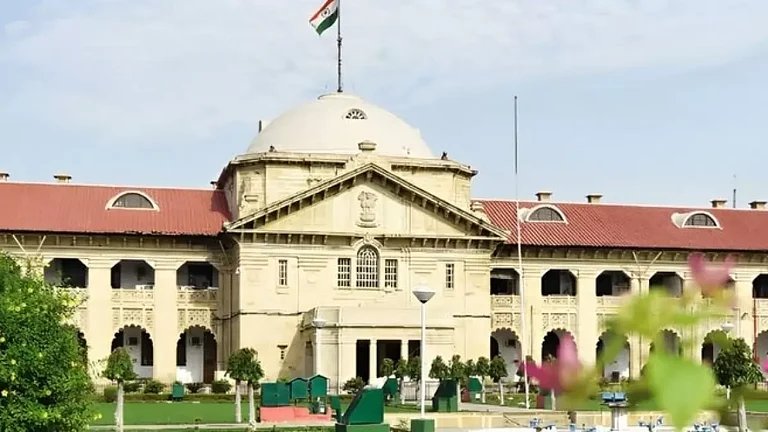The Supreme Court has listed for July 10 petitions seeking review of the judgment that refused to recognise same-sex marriages. Justices Sanjiv Khanna and BV Nagarathna will replace Justices SK Kaul and S Ravindra Bhat - who have retired- in the five-judge bench, according to Live Law.
The five-judge bench of the Supreme Court in October last year unanimously ruled against legalising same-sex marriage in India.
The bench, headed by Chief Justice of India DY Chandrachud, had also ruled in a 3:2 verdict against civil unions for non-heterosexual couples.
While two judges backed the rights of queer couples to enter into civil unions, three judges had disagreed. The majority judges also disagreed that queer couples have the right to adopt and upheld the CARA (Central Adoption Resource Authority) regulations which exclude queer and unmarried couples.
While CJI noted that the institution of marriage is not static or stagnant and has undergone a sea of change, he said that right to marriage is not a fundamental right and whether marriage equality is legalised is something parliament must decide on -- which was the majority view.
Right to Enter Into Union
Delivering the verdict on October 17 last year, CHI Chandrachud had said the right to enter into a union includes the right to choose their partner and the union's recognition, adding that the failure to recognise such association is discriminatory.
Noting that the right to enter into a union cannot be restricted on the basis of sexual orientation, the CJI directed governments to not discriminate against this right of the queer community. Trans people and queer people who are in hetero relationships are to allowed to marry under the existing laws, CJI noted.
Justice SK Kaul too agreed with the judgment of CJI in this regard. "Legal recognition of non-heterosexual unions is step towards marriage equality," Justice Kaul said. However, the other three judges on the bench did not agree with this directive.
Justice Ravindra Bhat, agreeing with the CJI on some points, said there cannot be an unqualified right to marry which is to be treated as a fundamental right. "While we agree that there is a right to relationship, we squarely recognize that it falls within Article 21. It includes the right to choose a partner and intimacy. They are like all citizens entitled to enjoy their right without hindrance," Justice Bhat said.
While recognising that all queer persons have the right to choose their partners, Justice Bhat said the state cannot be obligated to recognise the bouquet of rights flowing from such a Union. Justice Narasimha also says he agrees with the view of Justice Ravindra Bhat.


























